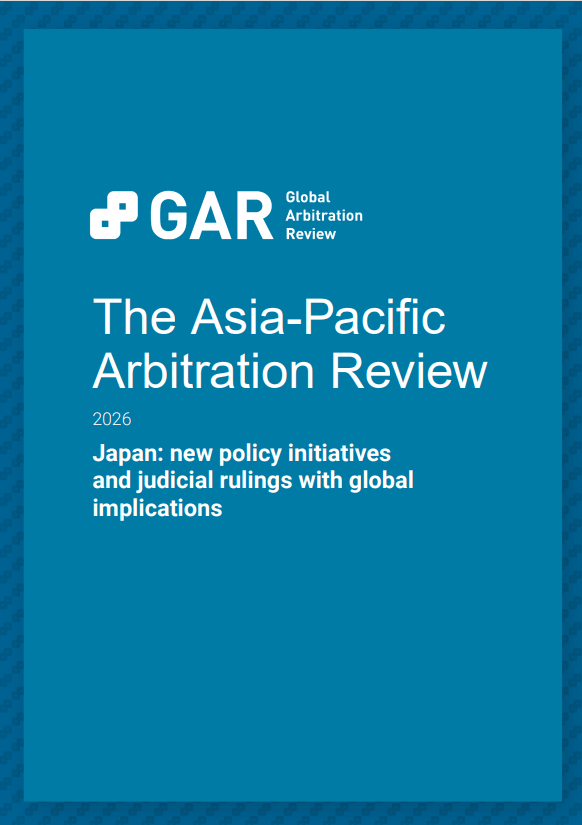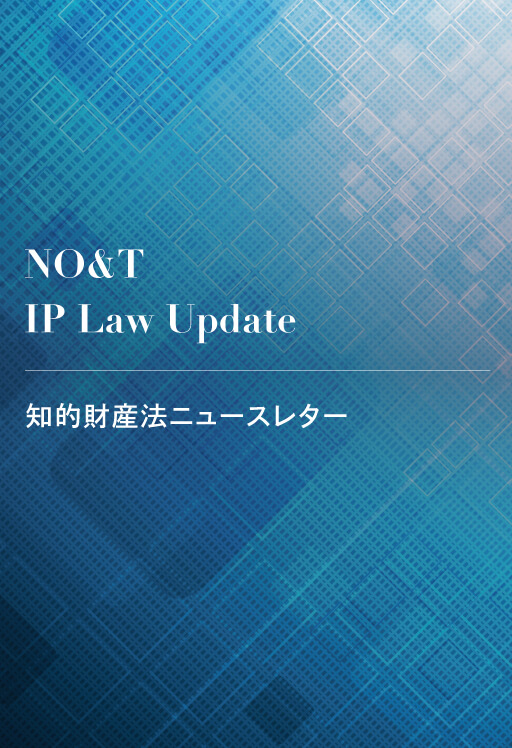
NO&T Asia Legal Review
In many countries, where a court considers a case, it would be required to follow (or at least take into account) the rules or principles decided by other (generally, higher) courts in previous similar cases. Meanwhile, in Vietnam, the judges have been deciding cases based on application of legal principles and have traditionally not been required to follow or consider, court precedents※1. However, since 2015, Vietnam has been taking steps to recognize and apply court precedents with an intent to ensure consistent application of law in adjudication. For the first time, the new Civil Code and the Civil Procedure Code which were passed in 2015 require the courts to apply, among other things, court precedents to settle cases where there are no express applicable legal provisions※2. Several legal instruments have been issued to set out regulations regarding court precedents.
This article discusses the current regulations of Vietnam regarding the announcement and application of court precedents.
Under the Law on Organization of People’s Courts 2014, the People’s Supreme Court has been assigned to select certain relevant cassation decisions and other judgments which have come into effect, to summarize and develop them into court precedents for courts to study and apply in trial※3.
Under the Resolution No. 04/2019/NQ-HDTP dated 18 June 2019 of the Council of Justices of the Supreme People’s Court (“Resolution 04”), a court precedent is defined to mean arguments and rulings in a legally effective judgment or decision of the courts that is selected and published by the Supreme People’s Court in order for other courts to study and apply when deciding later cases. The criteria and process for selecting court precedents are set out in the Resolution 04.
Accordingly, one of the most important criteria to select a court precedent is that it must be able to clarify ambiguous provision(s) of the law which have different interpretations, to analyze and explain legal issues or events, and to specify legal principles and guidelines to be followed in a specific situation or equality to be applied in issues which are not governed by any provisions of the law.
The judgements proposed to be selected as court precedents will be reviewed by the Court Precedent Advisory Board※4 and then decided by a majority decision in a meeting of the Council of Justices of the Supreme People’s Court with the attendance of at least ¾ of its members. The court precedents are published on the website of the People’s Supreme Court (https://anle.toaan.gov.vn/webcenter/portal/anle/home).
It is reported that from 2016, 1,531 judgments have been considered for being selected as court precedents but as at 30 June 2022, only 52 court precedents have been issued of which only 10 are commercial cases. As per information available on the website of the People’s Supreme Court, another 5 precedents are expected to be published soon.
Once a court precedent is published, Resolution 04 requires the judges and juries (if any) to study and apply the precedent to settle similar cases so that the two cases with similar facts have the same settlement results. If the precedent is not applied in a case with similar facts, the case settlement tribunal must provide explanation in the judgment.
However, according to Article 45 of the Civil Procedure Code, it seems that the court can only apply court precedents to settle the case if there is no legal provision applying to the case and the court is unable to apply established customs or legal analogy to the case.
At this stage, the application of court precedents by courts in practice is very limited. According to the report of the People’s Supreme Court dated 8 January 2022, during the period between 1 October 2020 and 30 September 2021, among 436,660 cases settled, the courts applied court precedents only to approximately 200 cases※5. It is also reported that from 2016, court precedents have applied to only approximately 1,200 cases. It is expected that more court precedents will be published in the near future and they will be widely applied.
Precedents will be annulled if they are no longer suitable due to changes in the laws or when the Council of Justices of Supreme People’s Court decides the annulment of precedent in certain circumstances specified in Resolution 04.
If the Chief Justice of the Supreme People’s Court receives a proposal※6 for annulment of a court precedent, he must, within 30 days, hold a meeting of Council of Justices of Supreme People’s Court to consider the annulment of the precedent. The Council of Justices of the Supreme People’s Court shall vote on the annulment in the same manner of selecting the precedents (as discussed above). However, so far, no precedents have been annulled.
*1
It is noted that from time to time, the Supreme Court has provided guidance for certain specific legal issues under its resolutions. Such resolutions are also regarded as legal regulations that courts must follow.
*2
The Criminal Proceeding Code also has similar provision.
*3
Article 22.2 of the Law on Organization of People’s Courts
*4
This board is set up by the Chief Justice of the People’s Supreme Court.
*5
This report is available in the website of the People’s Supreme Court
*6
Article 10.1 of the Resolution 04 states that “individuals, agencies, organizations and/or courts” can propose the People’s Supreme Court if they think the precedents fall into circumstances of annulment specified in the Resolution 04. This provision suggests that any person can propose the annulment but it is unclear as to whether the Supreme Court can actually consider all proposals.
This newsletter is given as general information for reference purposes only and therefore does not constitute our firm’s legal advice. Any opinion stated in this newsletter is a personal view of the author(s) and not our firm’s official view. For any specific matter or legal issue, please do not rely on this newsletter but make sure to consult a legal adviser. We would be delighted to answer your questions, if any.


(May 2025)
Yoshimi Ohara, Shota Toda, Annia Hsu (Co-author)


Patricia O. Ko


Hiroki Tajima


Kenji Tosaki, Takahito Hirayama (Co-author)


Hiroki Tajima


(February 2025)
Koki Yanagisawa, Hiroyuki Ebisawa (Co-author)


Kara Quek, Kennosuke Muro (Co-author)


Annia Hsu, Kennosuke Muro (Co-author)


Patricia O. Ko


Ngoc Hoang


Yuan Yao Lee


Chattong Sunthorn-opas, Thunsinee Sungmongkol (Co-author)


Patricia O. Ko


Ngoc Hoang


Yuan Yao Lee


Chattong Sunthorn-opas, Thunsinee Sungmongkol (Co-author)


Ngoc Hoang


Long Nguyen


Nga Tran


Hoai Tran